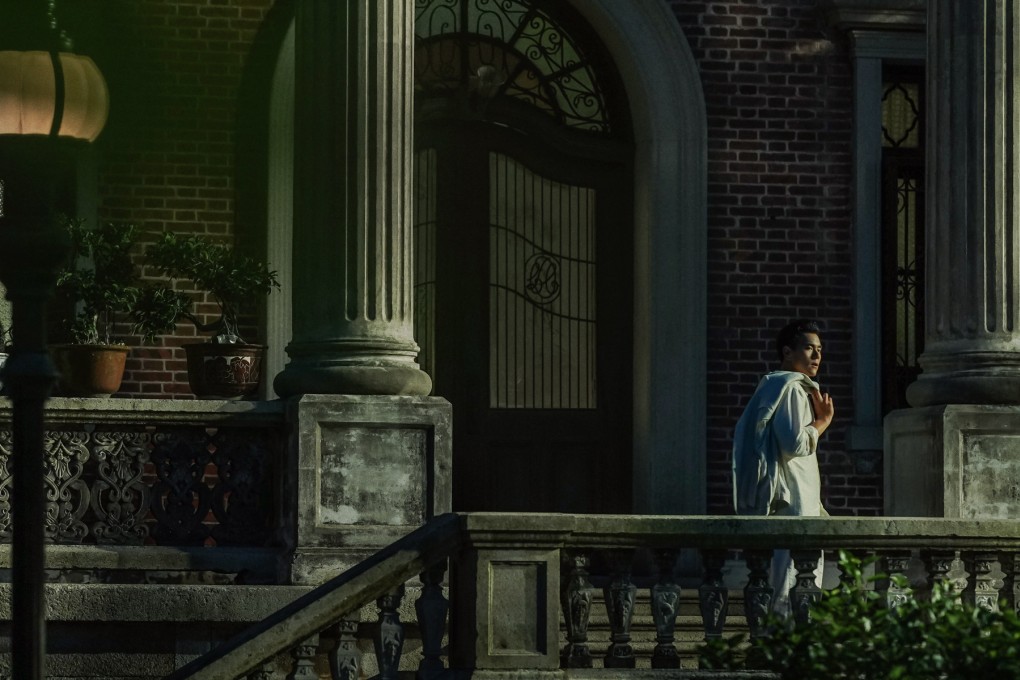Love After Love director Ann Hui accepts criticism of film for its casting of Sandra Ma Sichun and adaptation of Eileen Chang story, says ‘It makes me think how I can improve’
- Love After Love, about the downfall of a woman who moves from 1930s Shanghai to Hong Kong, was criticised in China for its casting and plot
- Now 74, Ann Hui says it shows she still has room to improve, and admits the difficulty of adapting Eileen Chang’s dialogue-heavy stories for the big screen

The response to Love After Love, the first movie by Hong Kong filmmaker Ann Hui On-wah since she won a lifetime achievement award at the 2020 Venice International Film Festival, has been harsh – unexpectedly so, according to the director.
The film (released in mainland China in October) was scripted by Wang Anyi and adapted from mid-20th century Chinese novelist Eileen Chang’s short story Aloeswood Incense: The First Brazier. It has been panned for straying both in its casting and plot. On Douban, China’s popular review site, it is rated 5.5 out of 10.
While Hui is frustrated by the negative response, she is trying to use it as a chance to figure out what went wrong. “The audience are entitled to their views. I find their reaction intriguing,” she told the Post in a recent interview in Beijing.
“No one said anything about the big amendments in the movie version of Lust, Caution,” says Hui. “Its ending was changed. The audience enjoyed the movie so much that they lapped up all the amendments. They forgot there were changes.